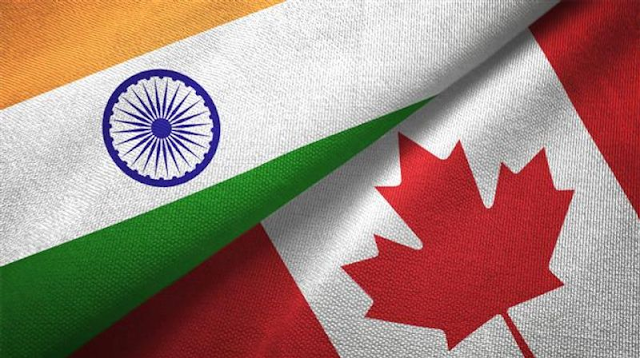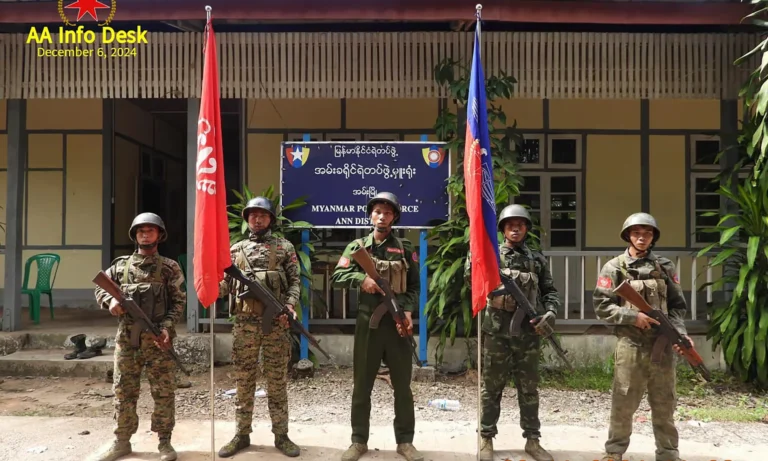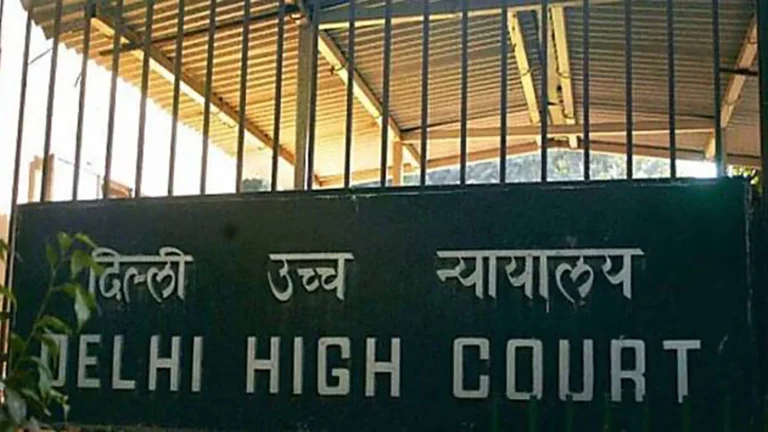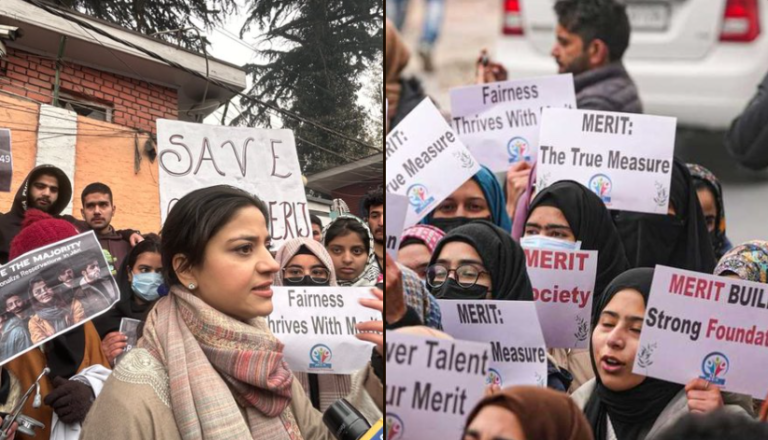
Toronto: Amid ongoing diplomatic strains between India and Canada, a top official from the Trudeau government has confirmed reports of sharing sensitive intelligence regarding India with a leading US publication. Deputy Minister of Global Affairs for Canada, David Morrison, along with Nathalie Drouin, Trudeau’s national security and intelligence adviser, shockingly acknowledged these disclosures.
During a recent speech, Morrison admitted to leaking intelligence about India’s alleged foreign interference activities in Canada to The Washington Post. He stated, “Within our strategy, we were talking to different audiences, and so we deliberately chose, as Madame Durand said in her introductory remarks, ‘a credible, internationally-read newspaper that would carry our side of the story.’ We chose a journalist who had a long record of background in this particular issue and had written on it a number of times before.”
Morrison elaborated on the intent behind this move, indicating that Canada aimed to communicate directly with its allies, including the United States and the United Kingdom, as well as address concerns among the Indian populace. He said, “And through The Washington Post, we were speaking directly to our friends in the United States. We were speaking to our allies in the United Kingdom and elsewhere. And we were also speaking directly to Indians.”
#BREAKING: Top Canadian Govt official David Morisson confesses to leaking intelligence and sensitive information against India to Washington Post ahead of meeting with NSA Ajit Doval in Singapore to target audience in US, UK and India. Basically to set narrative against India. pic.twitter.com/QPdSIjbzT3
— Aditya Raj Kaul (@AdityaRajKaul) October 29, 2024
Strategic Move Before Key Diplomatic Meeting
This disclosure came just before a scheduled meeting between India’s National Security Advisor, Ajit Doval, and his Canadian counterpart in Singapore. The leaks were part of a strategic effort to shape the narrative regarding India’s alleged involvement in various activities, including the purported assassination of Sikh separatists in Canada.
Leaks and Content: The information leaked included details suggesting that high-ranking officials in the Indian government, up to the Home Affairs Minister, were orchestrating operations against Sikh separatists in Canada. This was revealed in the context of the killing of a Sikh activist in Winnipeg, which Canadian officials linked to India.
Strategic Communication: The officials claimed that this was part of a communication strategy to ensure that the narrative of Canada’s perspective on its diplomatic tensions with India reached an international audience, particularly in the US, UK, and India.
Political Context: This move comes amid strained relations between Canada and India, which have been exacerbated by allegations from Canadian Prime Minister Justin Trudeau regarding the involvement of Indian agents in the killing of Khalistani terrorist Hardeep Singh Nijjar.
Reactions: The disclosure has sparked considerable criticism in Canada regarding why this sensitive information was shared with an American publication before being made public or formally addressed within Canada.
Implications for International Diplomacy
This incident raises important questions about international diplomacy, intelligence sharing, and the use of media as a tool in shaping public perception and international relations. The strategy of leaking to foreign media to influence global opinion highlights the complexities of modern diplomacy, where public narrative can be as crucial as diplomatic negotiations.






